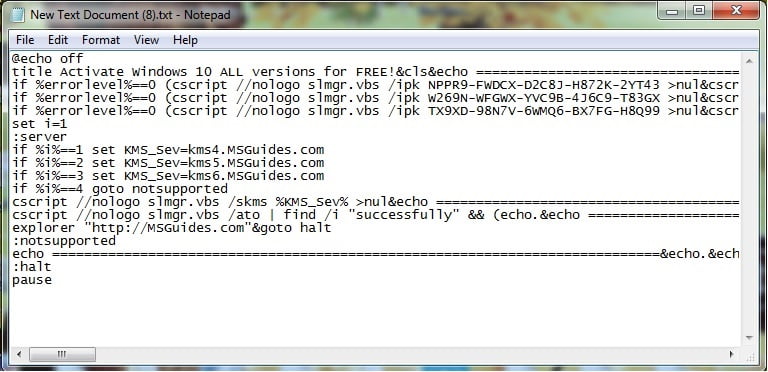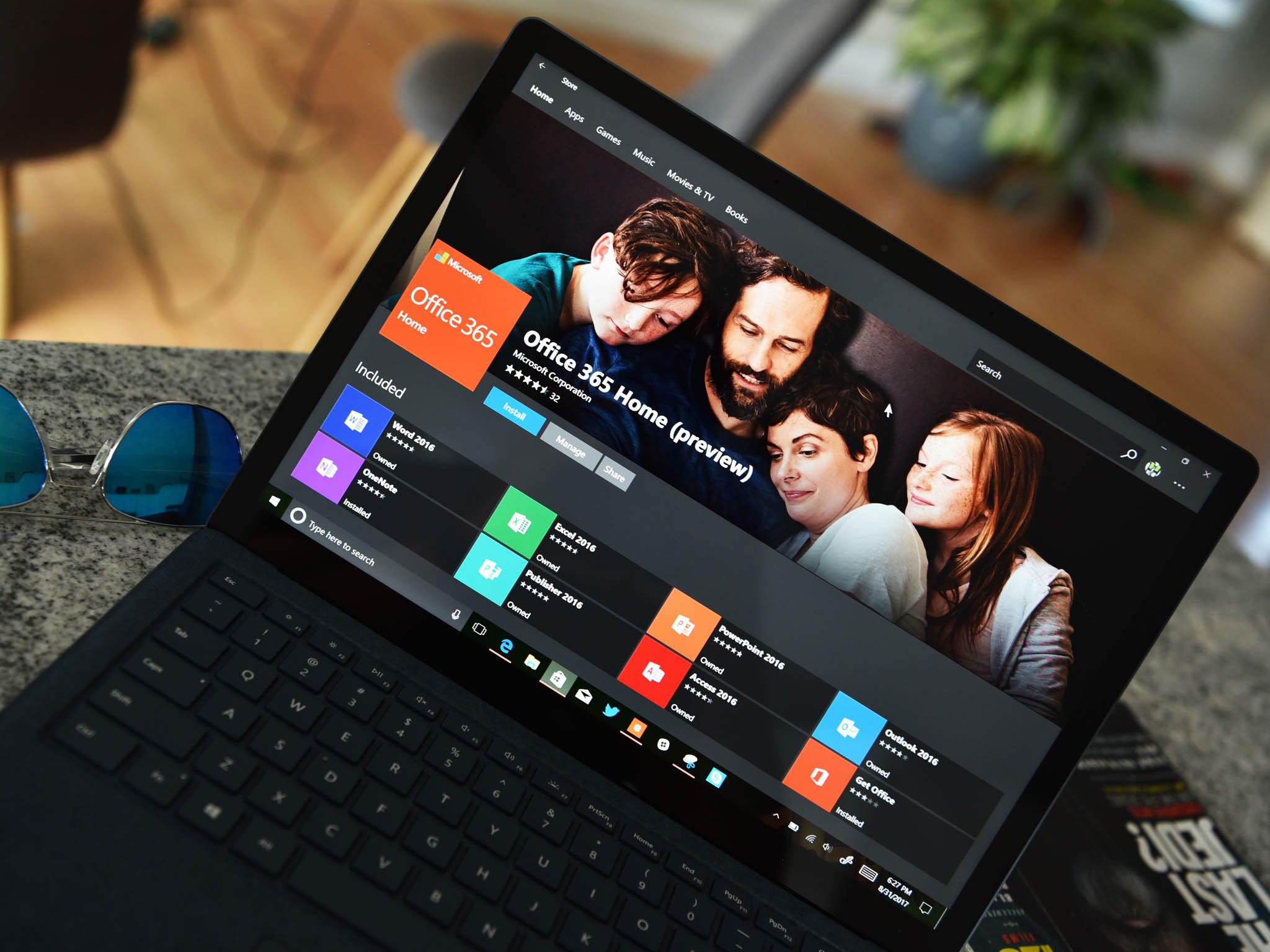Sample text
Note: Dear users, Most of the Download Links have been updated, soon all links will be available. I'm working
(NOTE: Plz click SKIP AD after 5 seconds on linkbucks and ad.fly advertisement to go to the required page)

Filmora 9
is available as a free download from our software library. Filmora – A
video editor for all creators. Filter, Overlays, Transitions and Custom
Titles. Create Without Limits. Discover infinite ways to express
yourself. Achieve a refined look with endless effects.Filmora 9 is here with some new ways to edi Action Cam ToolCorrect lens distortionClean up your audioNew speed controlsInstant CutterTrim or merge clips quicklyInstant exportFeatures of Filmora 9 Full DownloadConverting and sharing videosPowerful, yet friendly video editorWondershare
Filmora is a powerful application for anyone trying to make the first
steps in learning...

Office 2019 Pro Plus Free DownloadOffice 2019 Pro Plus Free Download Latest Version. It is full offline installer standalone setup of Office 2019 Pro Plus for 32+64Office 2019 Pro Plus OverviewFeatures of Office 2019 Pro PlusBelow are some noticeable features which you’ll experience after Office 2019 Pro Plus free download.A very useful office suite which has been offering its services for decades.Can be used by all and sundry which includes home users or working in a government organization.Can create official documents and assignments with MS Word 2019.Can create stellar presentations with MS PowerPoint.New animation features included in MS...

How to activate windows 10 without product keyI will show you in this article .This method is legal. You can read these articles to know :https://docs.microsoft.com/en-us/windows-server/get-started/kmsclientkeyshttps://docs.microsoft.com/en-us/previous-versions/windows/it-pro/windows-server-2012-R2-and-2012/dn502531(v=ws.11)Step 1 : You visit KMS Download KMSpico Final Windows 10 Activator [2020]CLICK HERE FOR EXIT FILE TEXTyou visit now text file.you visit now cmd file.Step 2 : You copy the code above into a new text documentStep 3 : You choose “Save As” to save it as a batch file , name “1click.cmd”Note : IF...

Microsoft Office 2019
Should you buy Office 2019 or Office 365?
Getting a version of Office shouldn't be complicated. In this guide, we'll help you to pick the best option for your needs.
Mauro Huculak
6 Dec 2018
If you're planning to upgrade,
or you're new to Microsoft Office, you probably noticed that now you
have two options: Office 2019 and Office 365. If you're a little
confused on which one to get, you're not alone.
Although both versions offer the same apps, including Word, Excel,
PowerPoint, and Outlook with the latest core features, there are some
significant differences that come down to the cost of ownership and...

Foxit PhantomPDF Business 7.2.5.930
(2015)
Program features:
Faster creation of PDF document compared to other free PDF tools
The small size distribution and rapid speed of execution
Create PDF files from any file, printable
Create PDF files directly from a scanner
Editing and modifying the content of PDF files
Comparison of the two PDF files for differences therebetween
Add, delete, or merge pages from multiple PDF files
Creating and populating electronic forms
Protect PDF documents password and certificates
Adding digital signatures to PDF documents
The procedure for treatment:
Install the program
do not run the program directly
merge...

Microsoft Visio Office Pro 2016 RTM (32Bit 64Bit) ISO Crack
Microsoft Visio Office Pro 2016 RTM iso crack for Activation is avail
here. It is a well known MS visio Office 2016 Working For Activation.
We have build MS Office 2016 Key that work for Office 2016 Activation.
Microsoft Visio Office Pro 2016 Overview
Microsoft Visio Office Pro 2016 RTM 32 64 Bit ISO Download
Click on below button to start Microsoft Visio Office Pro 2016 RTM 32
64 Bit ISO crack Free Download. This is complete offline installer and
standalone setup for MS Visio Office Pro 2016 RTM 32 64 Bit ISO. This
would be compatible...

Office 2016 Professional Plus 32 64 Bit ISO Free Download Full Crack
Microsoft Office 2016 Free
How to install ?
Remove Office 2016 (if installed) using the “Force Remove Office 2016″ and restart your computer.
Install Office, by clicking “Install Office”.
Run one by one (and then close) Word, Project and Visio. No public key is not entered.
Start KMSAuto Lite TEST4 and click “Activate Office”.
FILE FORMAT-.ISO FILE SIZE 2.53 GB
...














